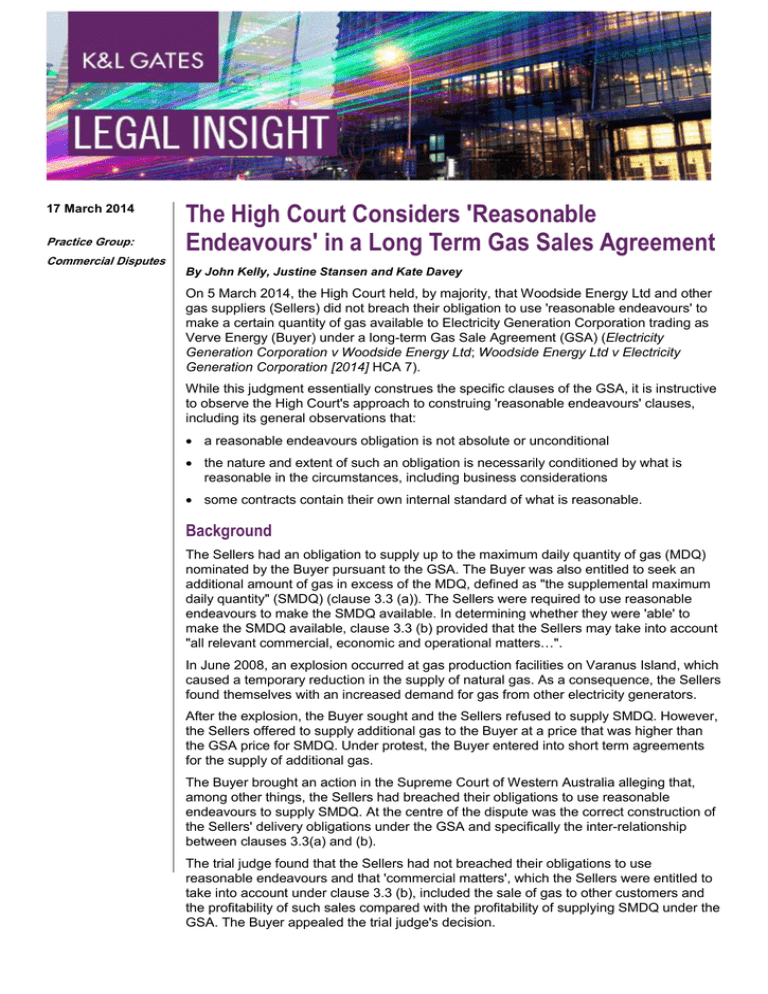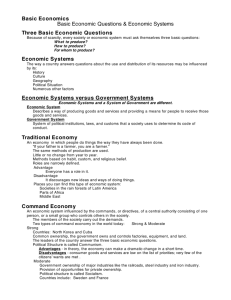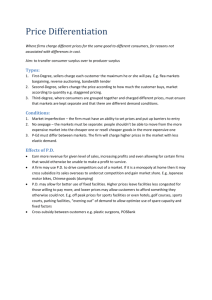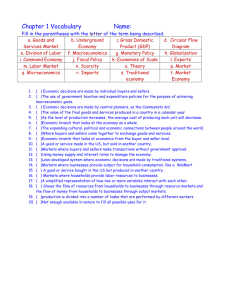
17 March 2014
Practice Group:
Commercial Disputes
The High Court Considers 'Reasonable
Endeavours' in a Long Term Gas Sales Agreement
By John Kelly, Justine Stansen and Kate Davey
On 5 March 2014, the High Court held, by majority, that Woodside Energy Ltd and other
gas suppliers (Sellers) did not breach their obligation to use 'reasonable endeavours' to
make a certain quantity of gas available to Electricity Generation Corporation trading as
Verve Energy (Buyer) under a long-term Gas Sale Agreement (GSA) (Electricity
Generation Corporation v Woodside Energy Ltd; Woodside Energy Ltd v Electricity
Generation Corporation [2014] HCA 7).
While this judgment essentially construes the specific clauses of the GSA, it is instructive
to observe the High Court's approach to construing 'reasonable endeavours' clauses,
including its general observations that:
a reasonable endeavours obligation is not absolute or unconditional
the nature and extent of such an obligation is necessarily conditioned by what is
reasonable in the circumstances, including business considerations
some contracts contain their own internal standard of what is reasonable.
Background
The Sellers had an obligation to supply up to the maximum daily quantity of gas (MDQ)
nominated by the Buyer pursuant to the GSA. The Buyer was also entitled to seek an
additional amount of gas in excess of the MDQ, defined as "the supplemental maximum
daily quantity" (SMDQ) (clause 3.3 (a)). The Sellers were required to use reasonable
endeavours to make the SMDQ available. In determining whether they were 'able' to
make the SMDQ available, clause 3.3 (b) provided that the Sellers may take into account
"all relevant commercial, economic and operational matters…".
In June 2008, an explosion occurred at gas production facilities on Varanus Island, which
caused a temporary reduction in the supply of natural gas. As a consequence, the Sellers
found themselves with an increased demand for gas from other electricity generators.
After the explosion, the Buyer sought and the Sellers refused to supply SMDQ. However,
the Sellers offered to supply additional gas to the Buyer at a price that was higher than
the GSA price for SMDQ. Under protest, the Buyer entered into short term agreements
for the supply of additional gas.
The Buyer brought an action in the Supreme Court of Western Australia alleging that,
among other things, the Sellers had breached their obligations to use reasonable
endeavours to supply SMDQ. At the centre of the dispute was the correct construction of
the Sellers' delivery obligations under the GSA and specifically the inter-relationship
between clauses 3.3(a) and (b).
The trial judge found that the Sellers had not breached their obligations to use
reasonable endeavours and that 'commercial matters', which the Sellers were entitled to
take into account under clause 3.3 (b), included the sale of gas to other customers and
the profitability of such sales compared with the profitability of supplying SMDQ under the
GSA. The Buyer appealed the trial judge's decision.
The High Court Considers 'Reasonable Endeavours' in a Long Term Gas
Sales Agreement
The Court of Appeal's Decision
The Court of Appeal found that the trial judge had erred in the construction of the
reasonable endeavours clause and that the word 'able' referred to the Sellers' capability
or capacity to supply the gas. The increase in gas prices did not absolve the Sellers of
their reasonable endeavours obligations.
The High Court's Decision
The High Court overturned the Court of Appeal's decision and reaffirmed the objective
approach to be adopted in determining the rights and liabilities of parties to a contract,
noting that "it will require consideration of the language used by the parties, the
surrounding circumstances known to them and the commercial purpose or objects to be
secured by the contract". The High Court confirmed that the GSA should be given a
businesslike interpretation.
The majority of the High Court found that the reasonable endeavours clause did not
oblige the Sellers to supply SMDQ to the Buyer when the explosion on Varanus Island
"occasioned business conditions leading to conflict between the Sellers' business
interests and [the Buyer's] interests in obtaining nominated SMDQ at the tranche 3 price".
In reaching that conclusion, the High Court considered:
1. The purpose and objects of the GSA .
2. The language of the reasonable endeavours clause, which imposed a qualified
obligation on the Sellers to supply the SMDQ, in contrast to the language of clause
3.2, which imposed an unconditional obligation on the Sellers to supply MDQ.
3. Clause 3.3(b), which provided an "internal standard of reasonableness by which the
obligation to use reasonable endeavours to supply SMDQ can be measured". The
internal standard referred to "all relevant commercial, economic and operational
matters" and included matters affecting the Sellers' business interests so that the
relevant obligation to supply SMDQ was qualified, in part, by those commercial and
economic considerations.
The majority concluded that the effect of the 'internal standard clause' was that the
Sellers were not obliged to forego, or sacrifice, their business interests when using
reasonable endeavours to make the SMDQ available for delivery.
In a dissenting judgment, Justice Gageler agreed with the approach of the Court of
Appeal. His Honour was unable to see how reasonable commercial parties could have
intended to give the Sellers discretion not to make gas available for delivery up to SMDQ
"merely because market circumstances present an opportunity for the sellers to demand
a substantially higher price for that gas…".
His Honour accepted that the understandable desire of the Sellers to maximise profits
might be described as a 'commercial' or 'economic' matter. However, this desire could
not be relevant to whether the Sellers were 'able' to supply SMDQ "because it would not
bear objectively on [the Sellers'] ability or capacity to make gas nominated by the Buyer
available…".
2
The High Court Considers 'Reasonable Endeavours' in a Long Term Gas
Sales Agreement
Authors:
John Kelly
john.kelly@klgates.com
+61.3.9205.2008
Justine Stansen
justine.stansen@klgates.com
+61.3.9640.4305
Kate Davey
kate.davey@klgates.com
+61.3.9206.2067
Anchorage Austin Beijing Berlin Boston Brisbane Brussels Charleston Charlotte Chicago Dallas Doha Dubai Fort Worth Frankfurt
Harrisburg Hong Kong Houston London Los Angeles Melbourne Miami Milan Moscow Newark New York Orange County Palo Alto
Paris Perth Pittsburgh Portland Raleigh Research Triangle Park San Diego San Francisco São Paulo Seattle Seoul Shanghai
Singapore Spokane Sydney Taipei Tokyo Warsaw Washington, D.C. Wilmington
K&L Gates practices out of 48 fully integrated offices located in the United States, Asia, Australia, Europe, the
Middle East and South America and represents leading global corporations, growth and middle-market
companies, capital markets participants and entrepreneurs in every major industry group as well as public
sector entities, educational institutions, philanthropic organizations and individuals. For more information
about K&L Gates or its locations, practices and registrations, visit www.klgates.com.
This publication is for informational purposes and does not contain or convey legal advice. The information herein should not be used or relied upon
in regard to any particular facts or circumstances without first consulting a lawyer.
© 2014 K&L Gates LLP. All Rights Reserved.
3










